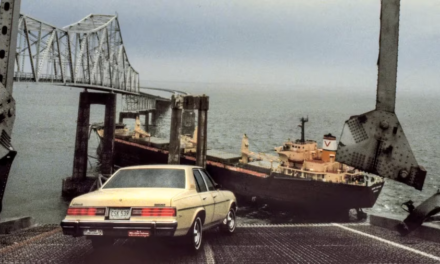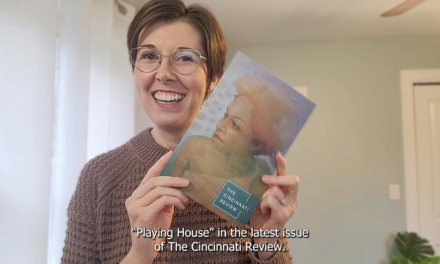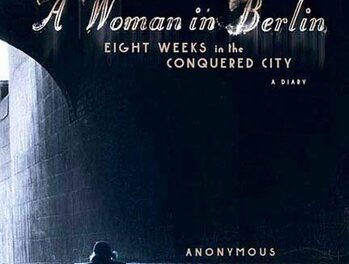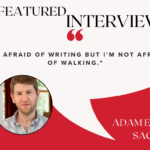While we wait for the winter 2011 issue (out next month!), we’ve assembled some great bonus material from our summer 2010 issue. We asked all the writers in issue 7.1 to tell us about the ideas that lead to their poems, stories, and essays. We’ll be posting their comments all month, until the new issue is out. Here’s what Dana Koster, Liz Langemak, and Margaret Luongo had to say:
Dana Koster: I’ve always loved the freedom that comes from constraint, but I’ve also never been good at following rules. “Ghazal for Aurora Chasing the Deer” and “Kablooey” are part of a fourteen poem series of ghazals that I’ve been tinkering with for the past three years, all of which follow the basic couplet format of the ghazal, but which diverge rather recklessly from there. In the traditional construction of the form, a single word is repeated at the end of each couplet, and each couplet ends with a period. In my poems, the repeated word gets twisted, ever morphing into something slightly different—”dying” becomes “Diane” which becomes “dynamite,” and the couplets bleed into each other rather than ending on a complete thought. The result is something more loose and quite a bit more strange.
Liz Langemak: I don’t tend to like hotels, but I wrote “At the Palmer House Hilton” after my recent stay there because I admired how the room presented simple things really well. As someone who’s aware that she tends to write poems as skins for ideas, I wanted to try beginning with straight images—particularly the amazing towels at the Palmer House—and see what happened. Maybe I’m easily impressed, or I just need to get new towels myself, but I loved those towels on their rack and that whole room. Writing this poem refocused my writing and reminded me that Williams was right about things: they’re a good source of their own ideas.
Margaret Luongo: Three years ago, I was getting ready to teach a summer semester in London. A few nights before I left, I had a dream in which a friend of mine held up a white sock, the fine kind a girl would wear, and shook it at me. He said, “I can’t,” and then more emphatically, with more sock shaking, “I won’t!” As I awoke, a story formed around that image—or the premise of the story did, along with more images. I was in a rush to leave the country, so I didn’t write it down. On my first night in London, when I thought I could die from jet lag, I wrote the story and felt embarrassed that the first thing I’d written in London had nothing to do with London. “Girls Come Calling” is set in Florida, which I am embarrassed to say I still miss
The Cincinnati Review is available for order through our secure online form.










